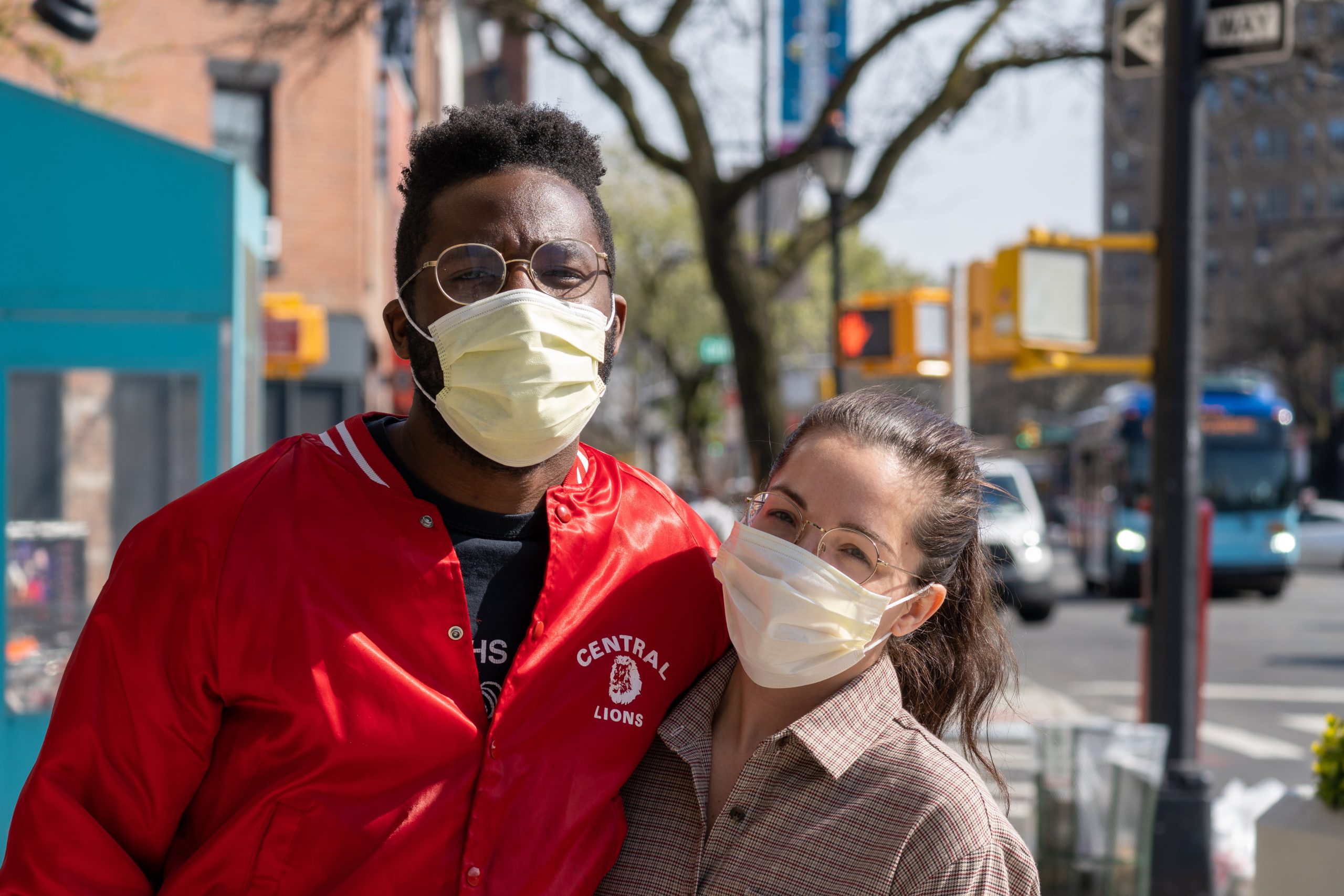Introduction
Are you one of the millions of people who have contracted COVID-19 and are concerned about long-term health effects? Well, some good news is here! Recent studies suggest that fewer people are experiencing long-COVID symptoms than before. In this blog post, we’ll take a look at what experts have to say about this encouraging development and explore what it could mean for those recovering from COVID-19. So sit back, relax, and let’s dive in!
What is long-covid?
While the number of people experiencing long-covid symptoms is decreasing, there are still many people who are living with the after-effects of the virus. Long-covid is a term used to describe the lingering effects of Covid-19, even after a person has recovered from the initial infection. Symptoms can include fatigue, brain fog, anxiety, depression, and trouble sleeping. Many people with long-covid report that their symptoms get worse before they get better, and that they have good days and bad days. There is no one-size-fits-all treatment for long-covid, but many people find that getting plenty of rest, eating a healthy diet, and exercising regularly helps to manage their symptoms.
Symptoms of long-covid
It’s been over a year since the pandemic began, and we’re still learning new things about the virus every day. One of the most talked-about topics lately is long-covid – what it is, who it affects, and how to treat it.
There are a number of symptoms that have been associated with long-covid, but experts say that fewer people are experiencing them now than in the early days of the pandemic. fatigue, brain fog, and shortness of breath are some of the most common complaints from those who have long-covid. Some people also report ongoing chest pain, heart palpitations, and gastrointestinal issues.
While the exact cause of long-covid is still unknown, experts believe that it may be related to an overreaction of the immune system to the virus. Treatment for long-covid is focused on managing symptoms and supporting the immune system. If you think you may be experiencing long-covid, be sure to talk to your doctor about your symptoms and treatment options.
Why are fewer people experiencing long-covid symptoms?
There are a few reasons experts think fewer people are experiencing long-covid symptoms than before. First, the population is becoming more immune to the virus as more and more people are exposed to it. Second, the population is also getting better at self-isolating and taking precautions when they do come into contact with someone who has covid. Finally, the vaccines that have been developed are starting to have an impact on the spread of the virus and the severity of symptoms.
Treatment for long-covid
There are a few things that you can do to help ease the symptoms of long-covid. First, make sure that you are getting plenty of rest and sleep. It is also important to eat a healthy diet and to avoid processed foods. Drink plenty of fluids, including water, juice, and herbal teas. Exercise regularly, but not to the point of exhaustion. And lastly, be sure to take breaks during the day to relax and de-stress.
Conclusion
While it is certainly true that Long Covid is still an issue, the fact remains that fewer people are experiencing its symptoms now than before. This may be due to improvements in treatments and better understanding of how to reduce these symptoms. It is also possible that people who have had long-term consequences from the virus are no longer being counted as “Long Covid” cases. Whatever the cause, this decrease in numbers shows us that progress has been made in treating Long Covid, and we can only hope that this trend continues until everyone suffering from it recovers fully.




